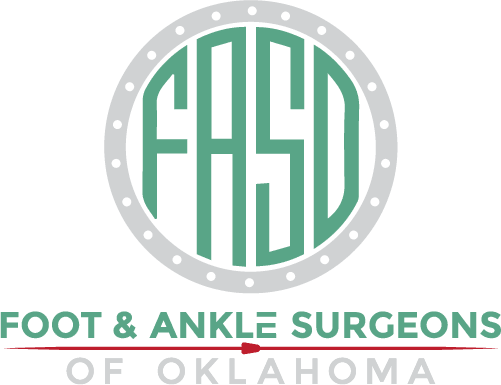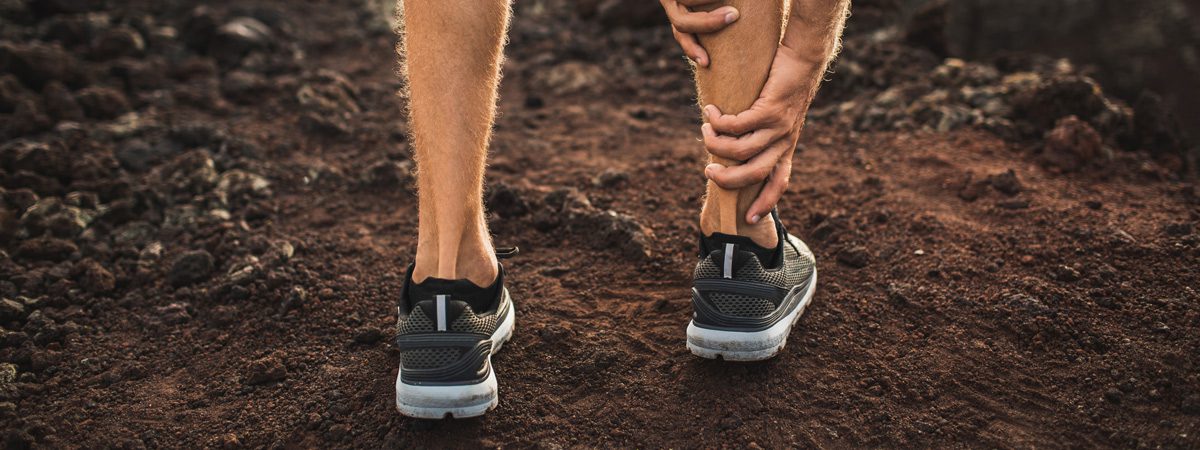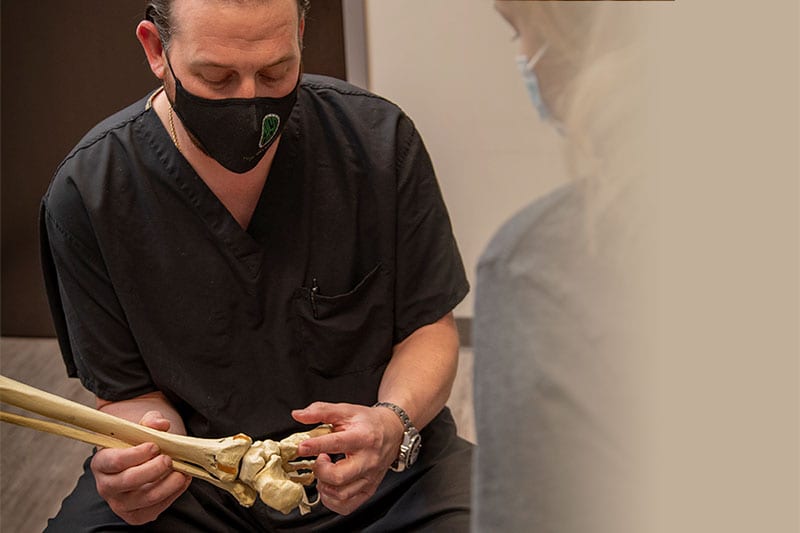Achilles tendonitis is a common condition that affects the tendon connecting your calf muscles to your heel. It can cause pain, stiffness, and limit your ability to move. This guide will provide you with information about the condition, its causes, symptoms, diagnosis, treatment options, and prevention strategies.
Key Takeaways: Achilles Tendonitis
- Common condition affecting the tendon connecting calf muscles to heel
- Symptoms include pain, stiffness, and limited mobility
- Main cause is overuse or sudden increase in activity
- Risk factors: age, flat feet, poor footwear, hard surfaces, tight calf muscles
- Early diagnosis is crucial for optimal recovery
- Treatment options include conservative and surgical approaches
- Prevention involves proper footwear and exercise techniques
Understanding Achilles Tendonitis
What is the Achilles Tendon?
The Achilles tendon is the largest tendon in your body. It helps you walk, run, and jump. When this tendon gets inflamed, it's called Achilles tendonitis. This often happens due to overuse or sudden increases in activity. The condition can be acute (short-term) or chronic (long-term), depending on how long it lasts and how severe it is.
What Causes Achilles Tendonitis?
Primary Causes and Risk Factors
Several things can lead to Achilles tendonitis. The most common cause is overuse, especially in athletes who suddenly increase their training. As we get older, our tendons can also become less flexible, making them more likely to get hurt. Flat feet can also contribute to this condition by putting extra stress on the Achilles tendon.
Other things that can increase your risk include:
- Wearing shoes with poor support
- Running on hard or uneven surfaces
- Having tight calf muscles
- Certain medical conditions like diabetes or high blood pressure
- Biomechanical issues such as overpronation or supination
- Sudden changes in exercise routine or intensity
- Not warming up enough before physical activity
Recognizing the Symptoms
Early Symptoms to Watch For
Knowing the signs of Achilles tendonitis can help you get treatment early. The main symptoms include:
- Pain and stiffness along the Achilles tendon, especially in the morning
- Pain that gets worse with activity
- Swelling that gets worse throughout the day
- Thickening of the tendon
- Bone spurs (extra bone growth)
- Difficulty flexing the foot or pointing the toes
- A crackling or creaking sound when moving the ankle
If you're experiencing these symptoms, it's important to see a doctor for Achilles tendonitis diagnosis. Early treatment can stop the condition from worsening and speed up recovery.
Diagnosing Achilles Tendonitis
How Achilles Tendonitis is Diagnosed
To diagnose Achilles tendonitis, your doctor will perform a physical exam. They’ll check for swelling, tenderness, and assess your foot and ankle movement. They might also ask you to walk or do some exercises to see how your Achilles tendon moves.
Your doctor might suggest imaging tests like X-rays or MRI scans to rule out other issues and assess the tendon’s damage. Advanced imaging helps evaluate the severity of the condition.
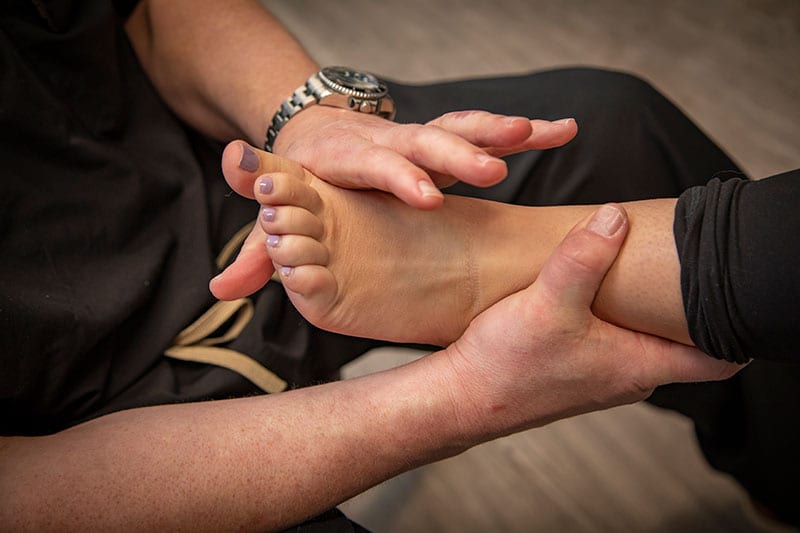
Non-Surgical Treatment Options
Conservative Treatment Methods
Most cases of Achilles tendonitis can be treated without surgery. Common non-surgical treatments include:
- Rest and activity modification: Giving your tendon time to heal is essential.
- Physical therapy: Exercises help strengthen the calf muscles and improve flexibility.
- Orthotics and supportive footwear: These reduce stress on your Achilles tendon.
- Medications: Over-the-counter pain relievers can reduce pain and swelling.
- Ice therapy: Applying ice helps to decrease inflammation.
- Eccentric strengthening exercises: These exercises help stretch and strengthen the tendon.
- Night splints: These help keep the tendon stretched and reduce morning stiffness.
Your doctor might also recommend advanced treatments such as platelet-rich plasma (PRP) injections or extracorporeal shockwave therapy (ESWT).
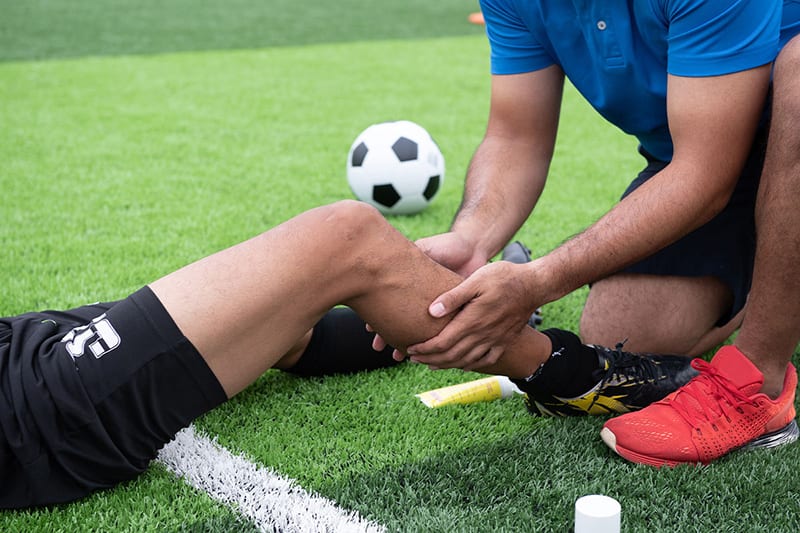
When Surgery Might Be Necessary
Surgical Interventions for Severe Cases
If non-surgical treatments don’t work after several months, your doctor might suggest surgery. Surgical options can include:
- Removing damaged tissue
- Repairing tears in the tendon
- Lengthening the calf muscles
- Debridement and repair: Removing the damaged part of the tendon and fixing the remaining tendon
- Tendon transfer: Using another tendon to help the Achilles tendon function better
After surgery, a rehabilitation program is crucial for regaining strength and flexibility in your Achilles tendon. Your doctor will provide a specific recovery plan based on the surgery you undergo. Learn more about surgical foot reconstruction here.

Preventing Achilles Tendonitis
Simple Steps to Avoid Injury
Preventing Achilles tendonitis is better than treating it. Here are some tips to help prevent it:
- Warm up properly before exercise
- Increase your activity level gradually
- Wear shoes that fit well and provide good support
- Stretch your calf muscles regularly
- Mix up your exercise routine to avoid overuse
- Strengthen your calf muscles with targeted exercises
- Maintain a healthy weight to reduce stress on your tendons
- Use proper technique during physical activities
For athletes, it’s especially important to listen to your body and rest when you feel discomfort. If you’re recovering from tendonitis, work with a physical therapist to create a gradual plan for returning to your sport. Learn more about Achilles tendonitis prevention here.
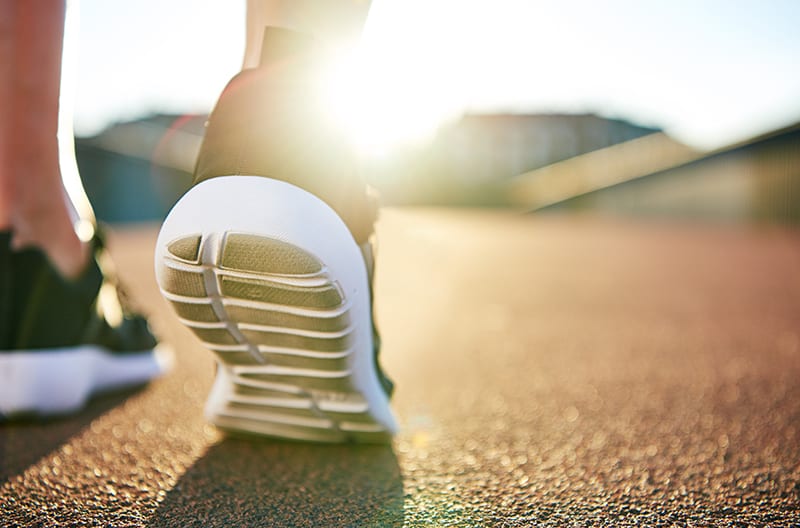
Special Considerations for Athletes
How Athletes Can Avoid Achilles Tendonitis
Athletes are more likely to get Achilles tendonitis because of the repeated stress they put on their tendons. If you're an athlete, here are some extra tips:
- Use proper technique when training and competing
- Wear sport-specific shoes that provide good support
- Include strength training for your calf muscles in your routine
- Allow for enough rest and recovery between training sessions
- Include balance and proprioception exercises in your training
- Pay attention to your running surface and change it when possible
- Consider using custom orthotics if you have biomechanical issues
If you're recovering from Achilles tendonitis, work with your doctor or physical therapist to create a safe plan to return to your sport. Going back to full activity too soon can lead to re-injury. Athletes with foot deformities should get proper treatment to prevent tendon problems.
When to Seek Professional Help
When Achilles Tendonitis Requires Medical Attention
While mild cases of Achilles tendonitis can often be treated at home, there are times when you should see a doctor. Seek medical help if:
- You have severe pain or swelling
- You can't put weight on your foot
- The pain doesn’t get better with rest and home treatments
- You hear a popping sound when the injury happens (this could mean a rupture)
- You have ongoing pain, even when not active
- You notice a big change in the shape of your heel or calf
- You've had Achilles tendon problems before
Getting treatment early can help stop the condition from becoming chronic or leading to a tendon rupture. Learn more about treating foot and ankle issues here.
Remember, conditions like ingrown toenails might seem unrelated, but they can affect how you walk and put stress on your Achilles tendon. It's always best to take care of any foot problems quickly to keep your feet and ankles healthy overall.

Conclusion
Achilles tendonitis can be painful and frustrating, but with proper care and treatment, most people recover fully. Remember to listen to your body, slowly increase your activity levels, and wear supportive shoes. If you're having ongoing pain or swelling in your Achilles tendon, don't wait to get professional help. With the right approach, you can get back to your normal activities and prevent future problems.
By understanding what causes Achilles tendonitis, recognizing the symptoms, and following the right treatment and prevention strategies, you can effectively manage this condition and keep your feet and ankles healthy and pain-free. Whether you're an athlete or someone who enjoys casual physical activity, taking care of your Achilles tendon is important for staying active and healthy.
